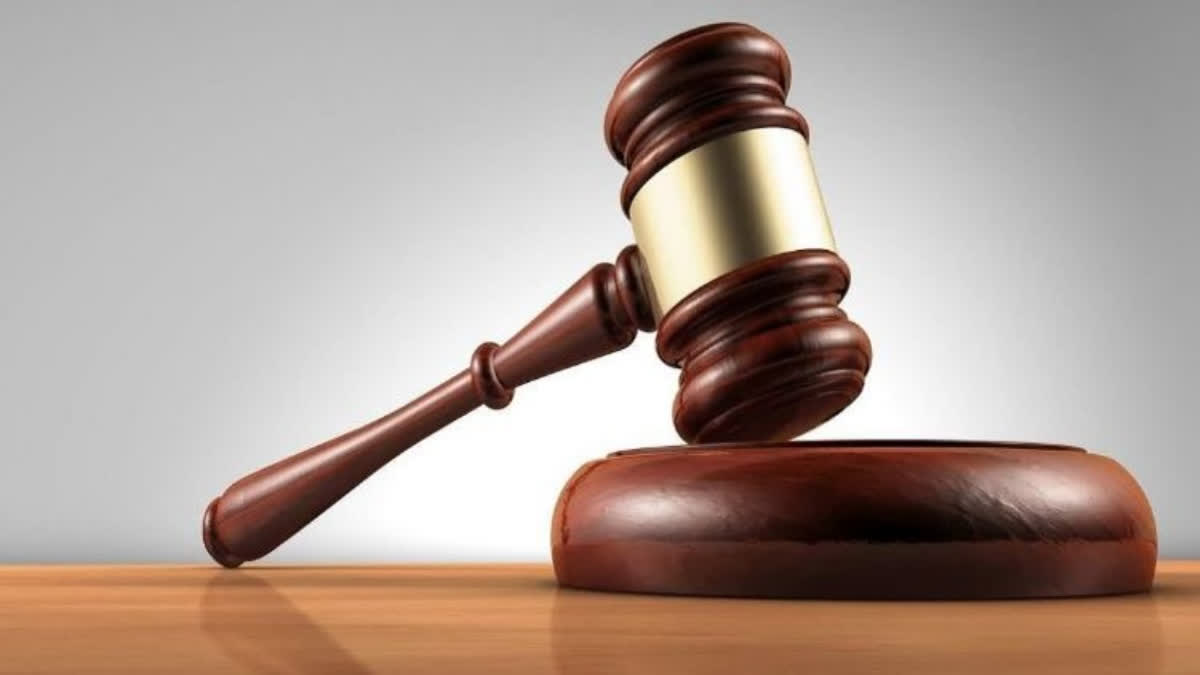New Delhi: India will officially get its three new criminal laws as the country's criminal justice system is set for a complete overhaul on Monday with three fresh criminal codes replacing the colonial-era laws, including the Indian Penal Code.
The three new criminal laws are the Bharatiya Nyaya Sanhita, Bharatiya Nagarik Suraksha Sanhita, and Bharatiya Sakshya Adhiniyam. These laws will replace the British-era Indian Penal Code, Code of Criminal Procedure, and Indian Evidence Act, which will come into effect from July 1.
The new laws, which were passed by the previous NDA government, eye modernising India's criminal justice system by incorporating provisions such as: Zero FIR: Allowing people to file an FIR at any police station, regardless of jurisdiction, to eliminate delays in initiating legal proceedings.
Other notable provisions are online registration of police complaints and electronic service of summons. Under new criminal laws, the videography of crime scenes for all heinous crimes has been made mandatory to strengthen investigations. According to provisions, summonses can be served electronically. The aim is to expedite legal processes, reduce paperwork, and ensure efficient communication among all parties involved.
The new laws eye ensuring faster justice delivery, with judgments required within 45 days of trial completion and charges framed within 60 days of first hearing. The other goal is sensitive handling of crimes against women and children, including recording victim statements by female officers and faster medical reports.
New provisions are set to address emerging crimes like false promise of marriage, gang rape of minors, and mob lynching. Definition of terrorism for the first time, with expanded scope to include "economic security" of the country.
The laws aim to prioritise justice and fairness over just punishment, with an Indian ethos contradictory to the British-era laws, Union home minister Amit Shah had said in Lok Sabha when the laws were being debated.
According to the government, extensive preparations, including training programmes and technological upgrades, have been undertaken to ensure smooth implementation of these new criminal laws across the country.
Though the new laws have been widely hailed as much-required update to the colonial-era legislations, the opposition has cited several loopholes. The new laws significantly expand the maximum duration of police custody from 15 days to 60-90 days, increasing the risk of unfairness from police which can resort to excesses and coerced evidence.
The laws give police officers broad discretion to choose whether to prosecute under the new laws or the existing UAPA, without clear guidelines. The new laws introduce vaguely worded offences related to 'terrorism', 'organised crime', and "acts endangering sovereignty," which can be arbitrarily applied.
The definition of 'terrorism' is expanded beyond the existing UAPA to include acts that "disturb public order" or "destabilize the country," giving wide scope for misuse. The expanded police powers and vague offences pose a threat to fundamental rights like freedom of speech and personal liberty.
What different legal luminaries think of their impact on legal system?
Several legal experts say there are big challenges ahead for law-enforcing agencies, judicial officers, and legal professionals. It is said that these laws will affect a large number of citizens at some point in time or the other in their lives. The passing of the three criminal law bills in Parliament last year sparked a series of debates regarding the need to take such steps towards evolution in the field of law with the introduction of new criminal laws.
Former Union Law Minister Ashwini Kumar said, "The way the government rushed to bring these laws in Parliament and the way it implemented rushed to, is not desirable in a democracy. These laws were neither adequately discussed in the Parliament committee nor extensively discussed in the House, even no consultation held with the stakeholders."
"Now, the opposition parties demanding a change in the legal architecture of criminal laws should be preceded by meaningful deliberations between all the stakeholders that appears not to have been done. It is the only grievance of the opposition parties that should be addressed by the ruling party, said Senior Advocate Ashwini Kumar.
A section of society feels that certain provisions, like offences relating to terrorism, accident cases, marital offences, and increasing punishment for certain offences, like Section 377 of the IPC, need greater consultation and deliberation. In the absence of sufficient safeguards, the possibility of excessive use of authority by law enforcing agencies cannot be ruled out," he added.
"The three laws were passed in a hurry and at a time when 25% of the members of Lok Sabha were suspended and had no opportunity to participate in the debate. More consultation with various stakeholders would have given the opportunity to the Government to rectify some of the deficiencies, which are now becoming a cause of concern. Be that as it may, the reality is these laws have been passed by Parliament and the date of their implementation has also been notified. The appropriate course will be to implement these laws and any deficiencies coming to the forefront can be rectified in due course by bringing necessary amending legislation," said former Union Law secretary PK Malhotra.



